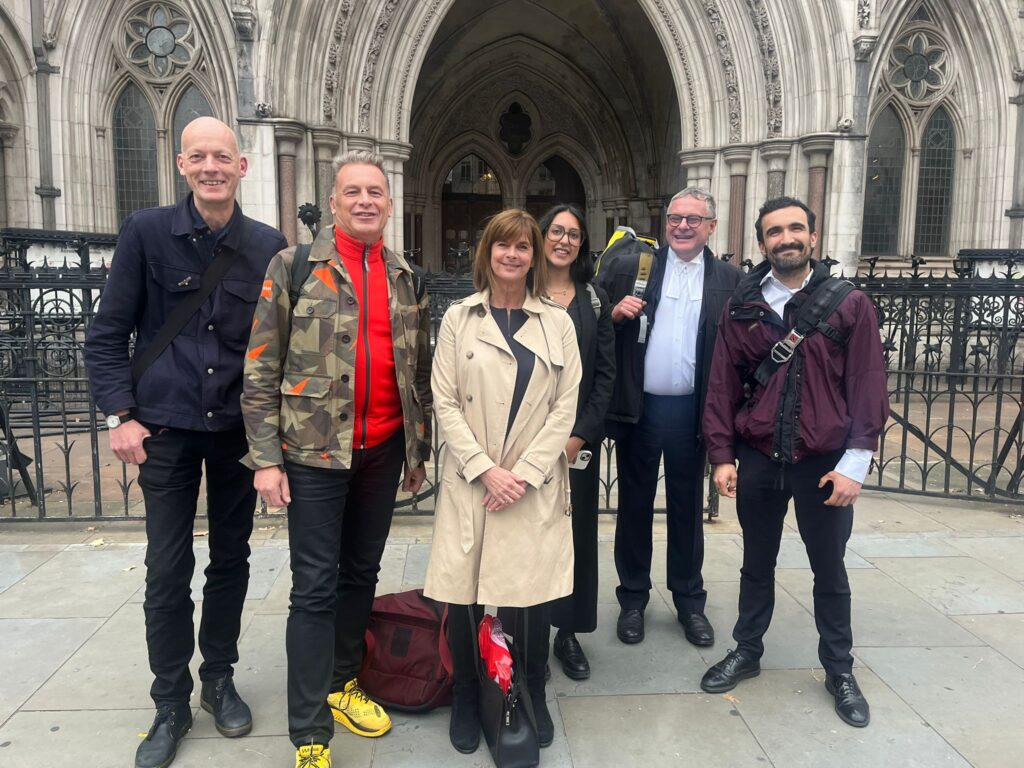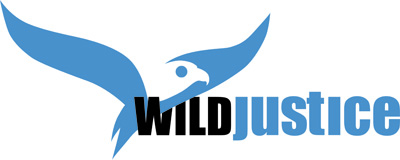High Court judgment reaffirms costs cap protection for environmental claims

The High Court has reaffirmed costs cap protections for NGOs after blocking an attempt by Natural England to hike campaigners’ legal costs in a challenge against badger culling licences.
In a comprehensive judgment handed down on 28 October 2025, the High Court stated it had “no hesitation” in dismissing Natural England’s application to more than double the total potential cost liability for campaign groups Wild Justice and Badger Trust in their claim.
The claim itself contests Natural England’s decision to grant badger culling licences against advice from its own scientists, and was given permission to proceed in May 2025.
Under the Aarhus Convention, costs caps of £10,000 are applied for NGOs bringing environmental legal challenges. However, Natural England applied to increase this to £20,000 for Wild Justice and £30,000 for Badger Trust, which would have made the claim prohibitively expensive for both groups.
In a hearing on 16 October, Mr Justice Fordham was asked to consider whether the increased cap would make the case too expensive for the claimants, and whether the increased cap would be objectively reasonable when factoring in the importance of the claim and strength of the case.
The judge accepted that the increased caps would force both Wild Justice and Badger Trust to withdraw from the case – which would undermine access to environmental justice.
If the increased caps had been approved, Wild Justice says going ahead with the claim would have wiped out half of its available funds, and Badger Trust says it would have compromised responsible financial policies it is expected to adopt as a registered charity.
The judge also concluded that the increased caps would not have been objectively reasonable, when factoring in the fact that the claim had already been deemed viable after being granted permission earlier this year.
As well as this, the judge acknowledged the importance of the claim to the environment, and determined that the groups’ crowdfunding campaign and other arrangements for legal representation were “eminently reasonable”.
In the full judgment handed down on 28 October, the judge recognised that Wild Justice and Badger Trust should be able to both retain the financial ability to bring future cases, and that the cap is key to ensuring effective access to justice for responsible NGOs.
The judge also emphasised the rationale of the costs cap ensuring individuals, communities and NGOs are not deterred from bringing legal cases.
The judge’s decision was announced last week but the full judgment followed on 28 October. The claim is set to proceed with caps of £10,000 in place for both claimants. The substantive hearing will take place on 16 and 17 December 2025.
Chris Packham, co-director of Wild Justice said:
“This case was not about Badgers, or Natural England or Wild Justice and the Badger Trust – it was about democracy. About all of our fundamental rights to environmental justice. It was a calculated and sly attempt to scare grassroots and greater groups away from seeking legal means to protect the natural world. The unscientific, unethical, uneconomical, cruel and divisive cull was no more than a side show. This was Natural England’s darkest day, acting as an organ of authoritarianism to rob us of freedom. They lost. Fairness and justice won. Hoorah!”
Dr Ruth Tingay, co-director of Wild Justice said:
“The Honourable Mr Justice Fordham’s judgement was reassuringly withering of Natural England, and deservedly so. That the statutory agency for nature conservation would think it a great idea to attack the principles of the Aarhus Convention is staggeringly tone deaf but some would say it’s indicative of many of its recent policies. In response to the judgement, NE said, “…we must make careful and appropriate use of taxpayer funding”. Perhaps if it did, it wouldn’t face so many necessary legal challenges. Of all our cases, this is the most satisfying result to date”.
Bob Elliot, CEO of Wild Justice said:
“This is a huge win for fairness and for the environment. Natural England tried to price us out of justice, but the Court has made it clear that environmental law isn’t just for the rich. The judgment upholds the spirit of the Aarhus Convention, which the Government seems increasingly willing to undermine. This ruling means we can continue that work and we’ll now focus on the full hearing in December, where the legality of the badger culling licences themselves will finally be tested.”
Rosie Wood, chair of Badger Trust said:
“The win here is for wildlife’s right to live, and the public’s right to know what is being done in their name – and with their money.
“So, foolishly, in trying to stop our case even being heard in their bid to avoid scrutiny, Natural England has simply guaranteed the public will now wonder what its top team is trying to hide. Not great when trust in public institutions and Government is already at a premium. Another spectacular own goal by Natural England’s current leadership, which will do little to improve the crumbling morale of its dedicated and hardworking staff.”
Wild Justice and Badger Trust Are represented by Ricardo Gama, Carol Day and Julia Eriksen at Leigh Day. Carol Day said:
“The judgment in this case is not only a decisive win for our clients, it sends a strong message to everyone about how the costs capping scheme was intended to operate. It is not about the court poring over the detailed accounts of modestly funded NGOs – it’s about ensuring that responsibly placed individuals and NGOs can bring viable environmental cases without fear of being priced out of court.”
